Understanding DC Controller 36V
A DC controller 36V is an essential component in the realm of motor management, serving as the intermediary between power sources and the motors they drive. This category encompasses devices specifically designed to modulate and direct the operation of 36-volt direct current (DC) motors, which are prevalent in various applications from industrial machinery to consumer electronics.
Types and Compatibility
When selecting a motor speed controller, compatibility is paramount. Controllers are tailored to motor types, ensuring seamless integration. Whether it's for a servo motor, an Arduino project, or a custom application, the right controller is crucial for optimal performance. It's not just about matching voltage; factors like wattage and current draw are also vital considerations to ensure that the motor and controller are in sync.
Applications of a 36V Motor Controller
The versatility of a 36V motor speed controller is evident in its wide range of applications. From e-Bikes requiring precise speed adjustments to industrial equipment that demands consistent motor operation, these controllers play a critical role. They are also found in specialized settings like hydroponic systems, where they contribute to environmental control for plant growth.
Features and Advancements
Modern DC motor controllers come with an array of features. Programmability is a key advancement, allowing for intricate control schemes and adaptability to complex tasks. Some controllers offer features like regenerative braking, enhancing energy efficiency in electric vehicles. The sophistication of these devices can range from simple on-off switches to intricate systems with feedback loops for real-time adjustments.
Materials and Construction
The construction of a 36V DC motor controller involves durable materials capable of withstanding electrical stresses and thermal fluctuations. The integrity of circuitry and components is crucial for the longevity and reliability of the controller, ensuring that it consistently performs its role without faltering under the demands of its operating environment.
Choosing the Right Controller
In the quest for the ideal electric motor controller, one must consider the motor's specifications and the intended application. It's not just about finding a device that can handle the voltage; it's about ensuring that all aspects of the motor's operation can be finely tuned and controlled. A well-matched controller not only optimizes performance but also extends the life of the motor by preventing misuse and overexertion.
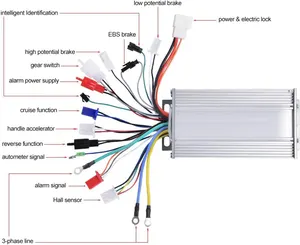
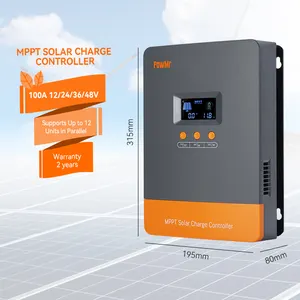



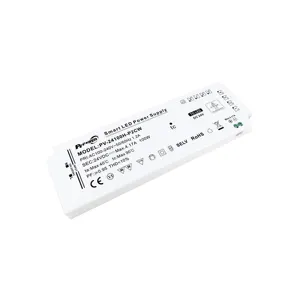






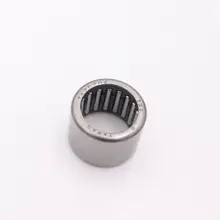



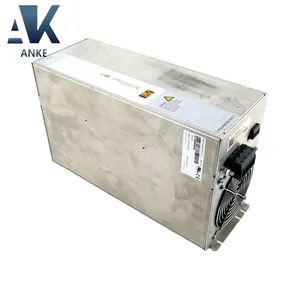

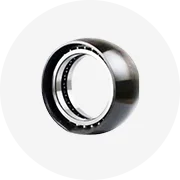

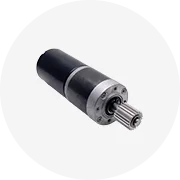


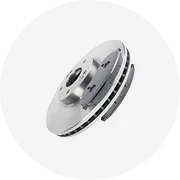










 浙公网安备 33010002000092号
浙公网安备 33010002000092号 浙B2-20120091-4
浙B2-20120091-4